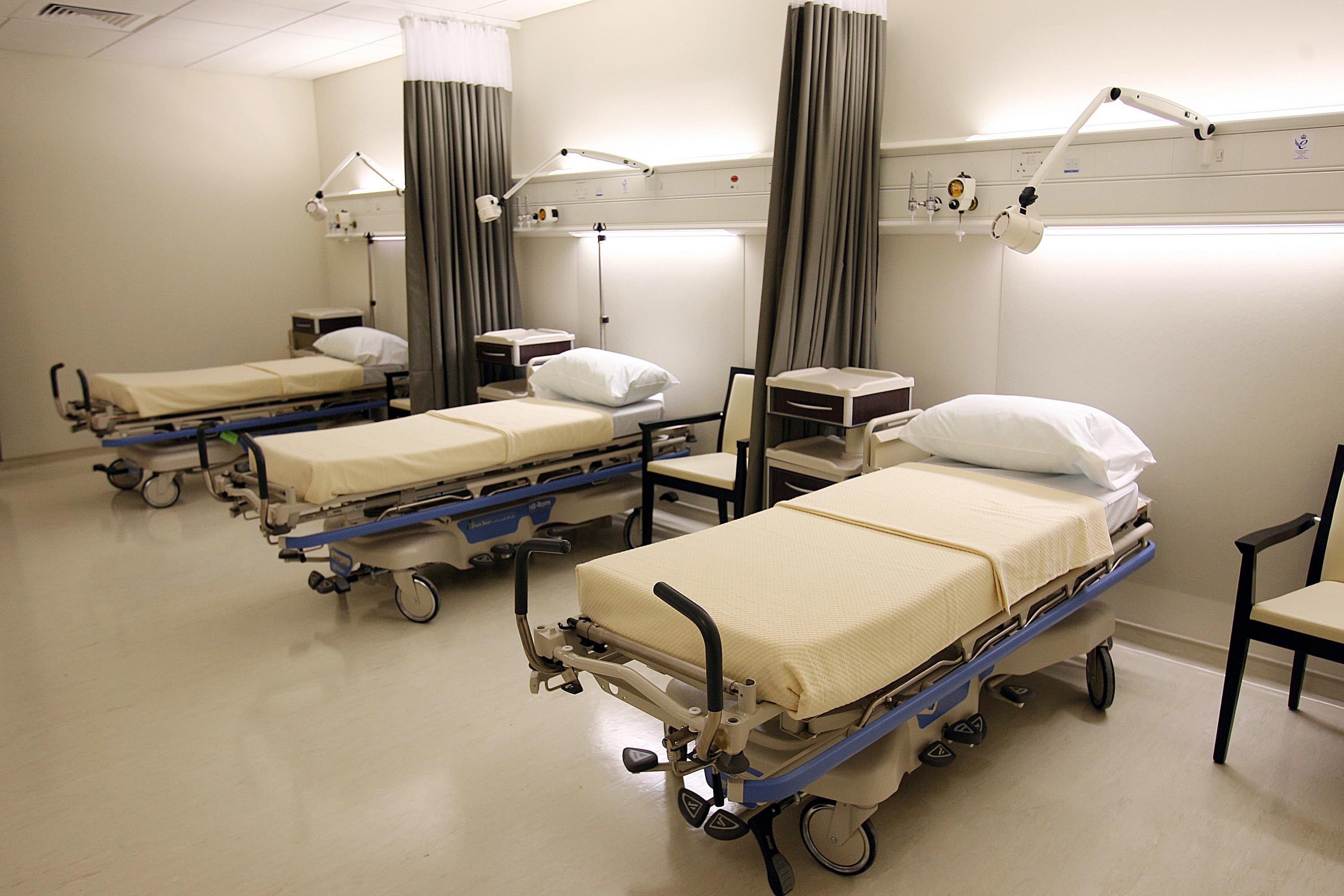Hospital patient dies from confirmed case of Lassa fever, UKHSA says
An individual has died from what the UK Health Security Agency is likely to be Lassa fever.

One patient in Bedfordshire has died from a confirmed case of the Ebola-like virus Lassa fever, the UK Health Security Agency (UKHSA) said.
In a statement on Friday, the agency said the individual died as they confirmed the case of the acute viral illness, which is endemic in parts of West Africa.
It comes as the third case of the potentially fatal infectious disease to be confirmed in recent days after the discovery of two cases in the east of England on Wednesday.
We will continue to support the patient’s family and our staff and are working closely with colleagues from the UK Health Security Agency to undertake a robust contact tracing exercise
All three cases are understood to be linked to recent travel to West Africa.
UKHSA said: “We are contacting the individuals who have had close contact with the cases prior to confirmation of their infection, to provide appropriate assessment, support and advice.
“The risk to the general public remains very low.”
A Bedfordshire Hospitals NHS Foundation Trust spokesperson said: “We confirm the sad death of a patient at our trust, who had confirmed Lassa fever.
“We send our deepest condolences to their family at this difficult time.
“We will continue to support the patient’s family and our staff and are working closely with colleagues from the UK Health Security Agency to undertake a robust contact tracing exercise.”
Prior to the three recent cases, eight cases had been identified in the UK since 1980.
The cases are the first of the disease to be confirmed in the UK since 2009.
Meanwhile, UKHSA told the PA news agency that four people have now died from the virus in the UK since 2000.
One died in 2000, two died in 2009 and the fourth death was confirmed on Friday.
In November 2019, three British nationals were brought back to the UK from Sierra Leone for medical assessment after coming into close contact with two people diagnosed with Lassa fever.
However, no Lassa fever cases were ultimately confirmed.
Most people with Lassa fever, whose symptoms are similar to Ebola will make a full recovery – although severe illness can occur.
After starting as a fever with aches and pains, the symptoms can progress to headache, vomiting and diarrhoea.
Severe cases can cause victims to bleed from the mouth and nose.
Humans can contract Lassa fever from eating food that has been tainted by the urine or faeces of rodents.
The virus, like Ebola, can also be spread through contact with the bodily fluids of a sick person, but it does not spread easily between humans.
According to the World Health Organisation there is no epidemiological evidence supporting airborne spread from person to person.
Bookmark popover
Removed from bookmarks